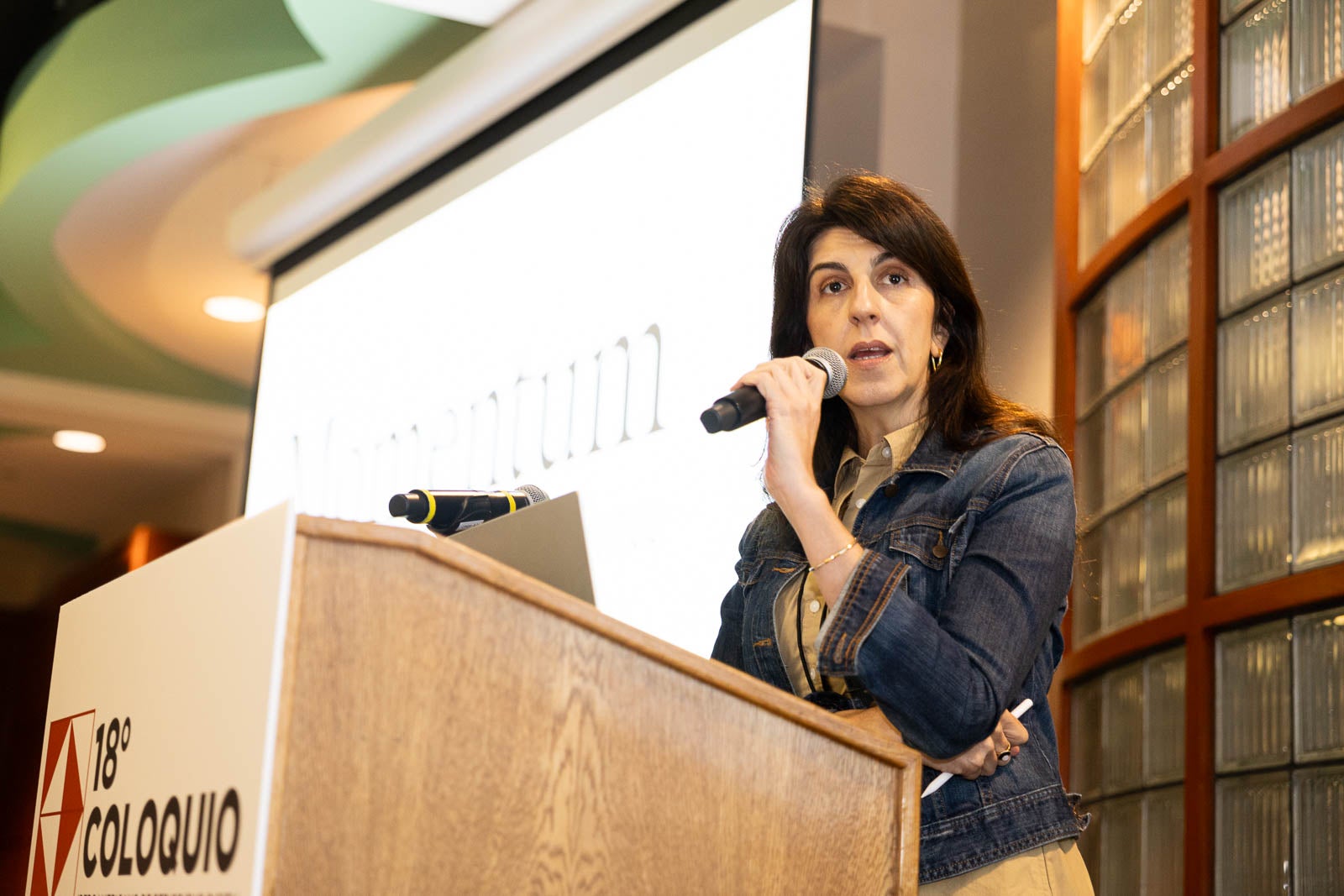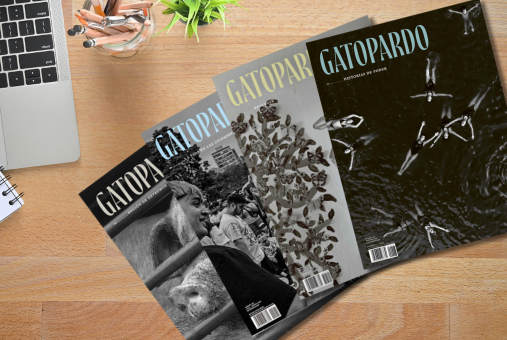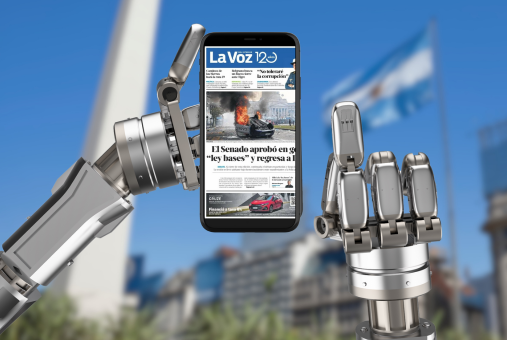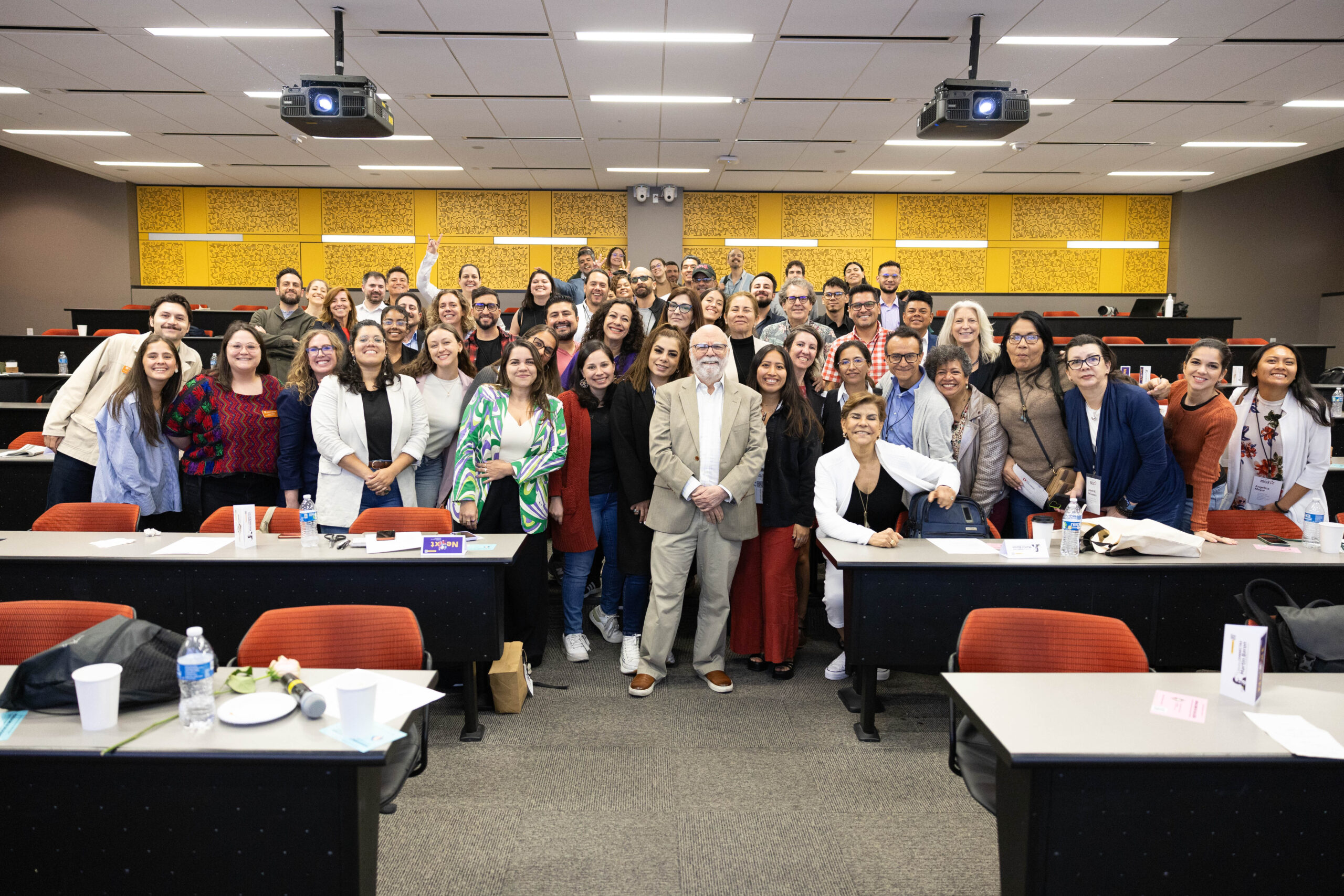
At the Ibero-American Colloquium on Digital Journalism, outlets from across the region shared initiatives to confront funding challenges, declining trust, the rise of AI, and attacks on the press.

“The journalists tell,” a production from theater company Teatro Línea de Sombra and independent media outlet Elefante Blanco, seeks to raise awareness about the press’ experiences in Mexico.

Gatopardo rethinks its print and digital products so its winning long-form, visual journalism can continue to make an impact on the region.

For years, independent digital media from Latin America have been exploring the instant messaging app WhatsApp through broadcast lists and groups to further connect with their audiences. Since 2023, some have decided to explore the new WhatsApp channels feature but have encountered problems verifying their accounts.

Factchequeado, a U.S. initiative from Chequeado and Maldita.es, is betting on projects that include an interactive course on WhatsApp and a bilingual guide for journalists, to try to shield Spanish-speaking communities in that country from misinformation ahead of presidential elections on Nov. 5.

A Reuters Institute study showed that the most popular generative AI platform in Argentina is by far ChatGPT, although very few people use it to get news. It also showed that Argentines have slightly more confidence than people from other countries that the news media make responsible use of this technology. Two journalists from that country shared their opinion on the findings.

Digital media outlets CIPER (Chile), Agência Pública (Brazil) and La Antígona (Peru) have innovative financing models involving their audiences that have allowed them simultaneously to support themselves financially and strengthen their bonds with readers. These media shared 10 strategies to optimize reader contributions.

Through presentations of just five minutes during the 17th Ibero-American Colloquium on Digital Journalism, journalists from Argentina, Brazil, Peru, Ecuador, Panama, Colombia, Honduras and Cuba presented a series of projects that aim to keep journalism alive and to continue telling stories about Latin America.

Mexican cartoonists use humor and satire to mock narco culture and organized crime in Mexico through comic strips and political cartoons, while making visible the tragedy and surrealism of drug trafficking and criticizing the inefficiency of authorities to combat it.

In a new book, Spanish researcher Ismael Nafría describes how Argentine daily Clarín reached more than 500,000 digital subscribers in less than six years. The study is full of practical tips for communication professionals. We present some of them here.

Journalists selected for the first Spanish edition of the JournalismAI Academy for Small Newsrooms will seek to learn how to take advantage of artificial intelligence to optimize processes, reduce workload, improve audience engagement and strengthen sustainability. Media from 15 Latin American countries will be represented in the eight-week program.

With interactive games, independent media outlets Cuestión Pública and Convoca, from Colombia and Peru, respectively, seek to bring the news to younger audiences, to contribute to greater media literacy and to present complex investigations in a playful way.